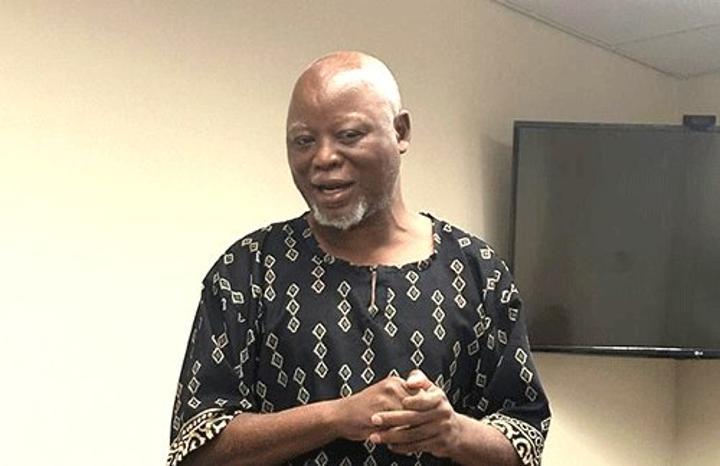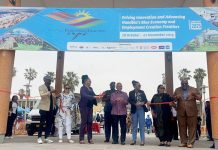Lahja Nashuuta
Africa-Press – Namibia. Political analysts have cautioned that voters’ disinterest should not be ignored, as Namibia prepares for the regional councils and local authority elections.
Analysts say the declining turnout in previous elections reflects deep frustrations with governance, weak leadership and an electoral system that often leaves citizens feeling powerless. Namibia has recorded consistently low voter turnout in recent years, particularly during regional and local authority elections. According to the Electoral Commission of Namibia (ECN), voter turnout for these elections has declined sharply from 81% in 1992 to just 38% in 2020.
Political commentator Ndumba Kamanyah says fewer people are voting because they have lost trust in politicians and political parties.
“Many people, especially the youth, feel disconnected from politics and doubt that their votes can bring real change,” Kamanyah said.
He adds “There’s growing disappointment with leaders who fail to deliver on their promises. Poor service delivery, unemployment, and corruption have destroyed people’s trust”.
Kamanyah believes that to fix this, Namibia needs stronger civic education and more active community engagement.
“We must educate young and first-time voters, so they understand the importance of taking part in elections. Political parties also need to spend more time with communities, listen to people’s problems, and show real results. Making voting easier and more transparent can help rebuild confidence,” Kamanyah said.
Kamanyah stongly believes that another reason for voter apathy is the weak quality of some candidates.
“Some candidates are chosen because of loyalty to their party, not because they are capable. That limits how local councils perform. We need leaders with the right skills and strong values who can bring real change to our communities,” Kamanyah argued.
Legal expert Professor John Nakuta agrees that voter apathy is not simply about laziness or lack of interest, but about the system itself. He said Namibia’s election system makes people feel powerless.
“For me, the issue of voter apathy in local and regional elections comes from the political system we have chosen. Elected officials often answer to their political parties instead of the people who voted for them,” Nakuta explained.
He said the proportional representation system used in local elections and the first-past-the-post system used in regional elections both weaken people’s power to demand accountability.
“After elections, residents cannot recall their elected leaders even if they perform poorly,” Nakuta said. “This system makes voters feel disempowered. People feel like ‘voting cows’ useful only during elections, then forgotten afterwards” he argued.
Nakuta believes Namibia should consider changing to a ward-based system, where voters in a specific area elect their own representative and can remove them if they fail to deliver.
“In a ward system, people have real power. If their councillor is not doing their job, they can recall them. That creates accountability and keeps leaders connected to the people,” he said.
He said many citizens feel their votes do not matter because they cannot influence what happens after election day.
Both Kamanyah and Nakuta agree that rebuilding voter confidence will take more than promises. They say real change will come only when people see better service delivery, stronger leadership, and more transparency.
“Democracy is not just about voting every five years,” Kamanyah said. “It’s about trust and trust must be earned through good performance and accountability.”
Nakuta added that changing the election system could give citizens back their voice. “If people know they can hold their leaders accountable, they will start caring again,” he said.
Both experts agree that Namibia’s democracy is strong, but it needs renewal. More civic education, honest leadership, and meaningful reforms could help bring voters back to the polls.
Source: neweralive
For More News And Analysis About Namibia Follow Africa-Press






